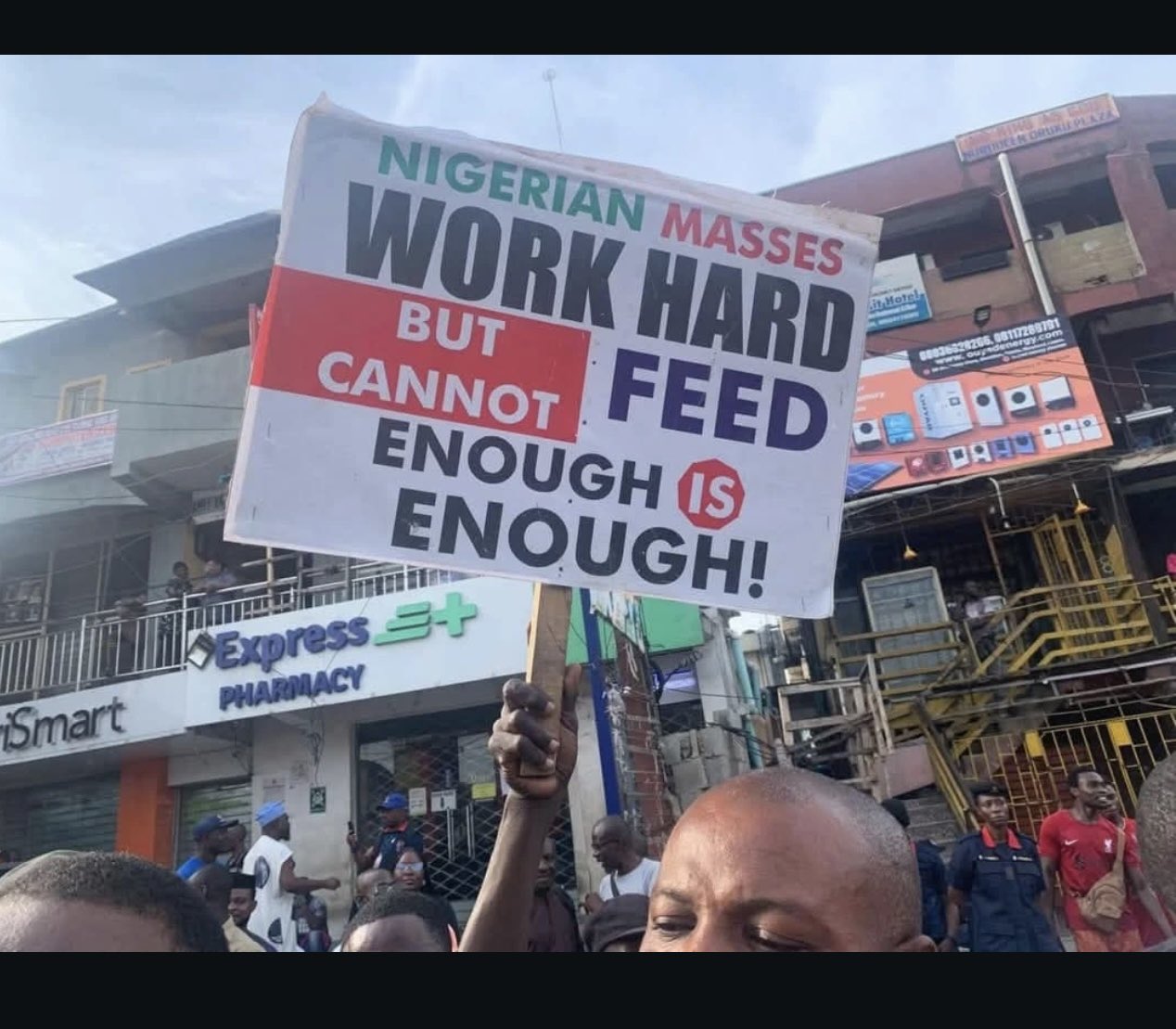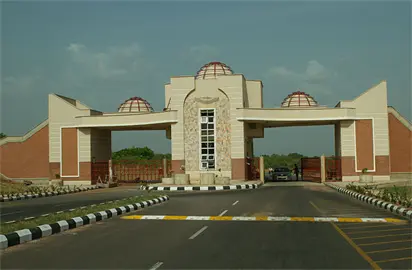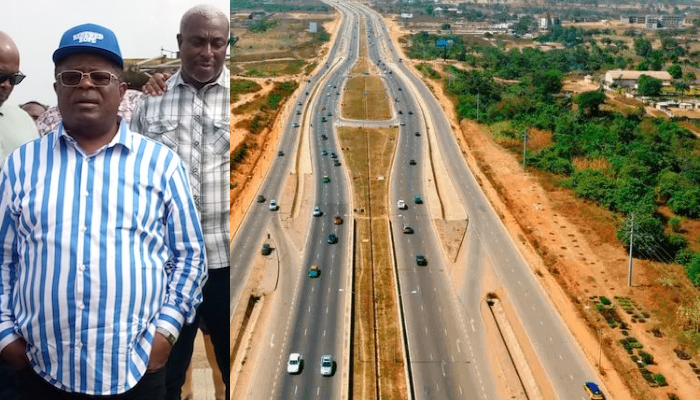Grand Rhetoric, Stark Contradictions
President Bola Ahmed Tinubu’s 2025 Democracy Day address was filled with lofty language and historical references, but beneath the polish lay an uncomfortable truth: this was a speech that ignored the harsh realities facing Nigerians today, whitewashed the failures of governance, and revealed disturbing contradictions about the state of our democracy.
At a time when Nigerians are crushed under the weight of record-high inflation, worsening poverty, and a collapsing middle class, Tinubu's speech offered no substantive response to the burning issues. Millions cannot afford basic foodstuffs, transport fares have tripled, the naira continues its freefall, and electricity tariffs have become unbearable — yet none of this featured with the urgency or clarity the situation demands. Instead, the president chose to spotlight consumer credit for a select few, a fiber-optic cable rollout, and macroeconomic jargon disconnected from the daily struggle of ordinary citizens.
Even more insulting was the superficial treatment of insecurity. Tinubu claimed the highways are safer and security coordination has improved, despite the daily kidnappings, attacks in the North West and North Central, and killings across rural communities. Nigerians live in fear, yet the government insists things are improving — a dangerous level of denial.
And then came the loudest contradiction of all: a president celebrating democracy while actively suppressing its most fundamental expression — peaceful protest. The streets of major cities today were lined with security personnel, not to protect citizens, but to intimidate and prevent demonstrations. Nigerians who gathered peacefully to protest their economic plight were met with surveillance and barricades. What kind of democracy criminalizes dissent on Democracy Day?
The protests that still managed to hold — despite fear and force — speak louder than any official speech. They are the people’s counter-narrative to a government that wants applause without accountability.
Equally troubling was the president's hypocrisy on party politics. While declaring he has no intention of turning Nigeria into a one-party state, he openly mocked opposition parties as “sinking ships” and extended a red carpet to defectors — many with pending corruption cases. How do you strengthen democracy while rewarding mediocrity and moral bankruptcy? You can’t claim to build institutions while populating them with political opportunists lacking credibility.
The long list of national honours handed out — especially to democracy activists — might have been moving on another day. But in the context of rising authoritarianism, economic collapse, and silencing of dissent, it felt more like symbolic gaslighting than genuine recognition.
This year’s Democracy Day speech, in many ways, reveals the truth about our current moment: democracy in Nigeria is being celebrated, but not practiced. People are being praised for past struggles even as new voices are being suppressed. The government is performing democracy, not delivering it.
Nigeria doesn’t just need fiber optics and fiscal reforms. It needs food, freedom, and fairness. And no speech — no matter how poetic — can hide that.




